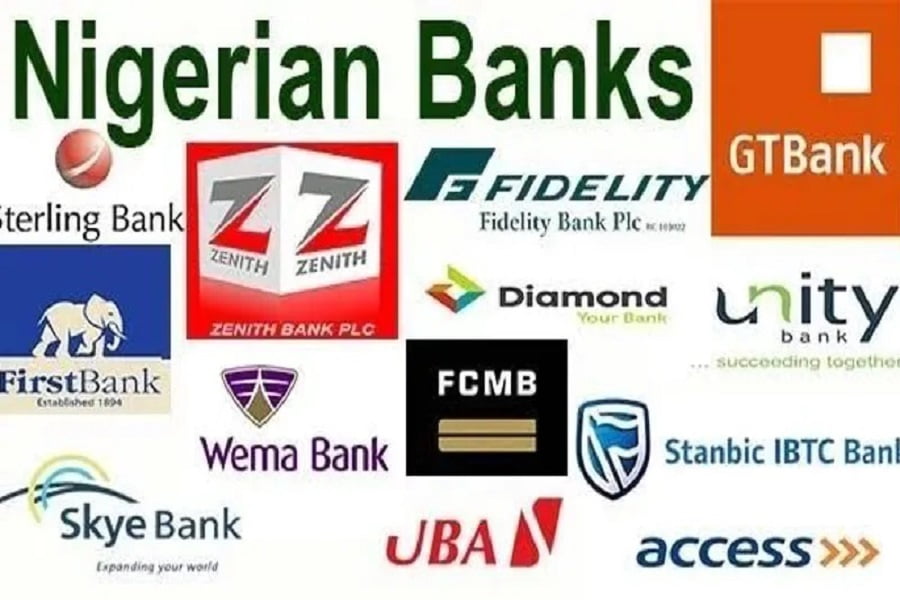Sterling, GTBank and Zenith banks have joined their peers to cut monthly international spending limits on Naira cards to $20 as foreign exchange (forex) scarcity bites harder.First Bank of Nigeria (FBN) had earlier cut its monthly limit to $50.
In the last two years, deposit money banks (DMBs) in the country carried out a downward review of their monthly international spending, using Naira cards, from $500 to $300 and ultimately to $100 . They also stopped the use of naira cards for ATM foreign currency withdrawals.
Following FBN footstep s, Zenith Bank, recently, in an email message to its customers, entitled “Temporary Suspension of International ATM Withdrawals/POS Payments and Review of Web Transactions Limit Using Zenith Bank Cards”, says it is reviewing naira card spending on web transactions from $100 to $20.
The message read: “Dear Valued Customer, please be informed that we have temporarily suspended the use of Zenith Bank Naira cards for International Automated Teller Machine (ATM) cash withdrawals and POS transactions. Additionally, the monthly card International spend limit for web transactions has been reviewed from $100 to $20.
“This review is in response to today’s economic realities. If you have higher International spend requirements, simply visit any of our branches and request for a foreign currency debit or prepaid card, which are available in US Dollar, Pounds and Euro variants,” it said.
GTB also cut monthly limit to $20 while First Bank of Nigeria set the limits on its naira Mastercard and naira credit card to $50 monthly.
UBA had earlier stopped the use of naira card to withdraw dollars from automated teller machines outside the country or make international payments at point of sale devices.
Just last month, the Central Bank of Nigeria (CBN) said it would stop the sale of forex to DMBs by the end of the year, urging the commercial banks to source their forex from export proceed.
According to the CBN Governor, Godwin Emefiele, while speaking at the special press briefing at the end of 364th Bankers Committee meeting on the launch of the bank’s new forex repatriation scheme ‘RT200 FX Programme’ on February 10, in Abuja.
The RT200 FX Programme, which stands for the “Race to US$200 billion in FX Repatriation”, is a set of policies, plans and programmes for non-oil exports that will enable Nigeria attain a lofty yet attainable goal of US$200 billion in FX repatriation, exclusively from non-oil exports, over the next 3-5 years.
Emefiele pointed out that the decision was in line with the apex bank’s new commitment to boost the country’s foreign reserves through proceeds from non-oil exports.
His words: “The era is coming to an end when, because your customers need 100million dollars in foreign exchange or 200 million dollars, you now want to pack all the dollars and pass it to CBN to give you dollars.
“It is coming to an end before or by the end of this year. We will tell them don’t come to the Central Bank for foreign exchange again go and generate your export proceeds.
“When those export proceeds come, we will fund them at 5 percent for you and they will earn rebait. Then you can sell those proceeds to your customers that want 100 million dollars. But to say you will continue to come to the Central Bank to give you dollars, we will stop it.
“Nigeria cannot continue to depend on FX earnings to fund its import obligations from revenue coming from earnings from products where we cannot determine both price and quantity.’’
Under the RT200 FX programme, which is to take immediate effect, the CBN will provide concessionary and long-term loans for business people who are interested in expanding existing plants, or building new ones for the sole purpose of adding significant value to the non-oil commodities before exporting same.
These loans will have a tenure of 10 years, with a two-year moratorium and an interest rate of 5 percent.
Sunnews

